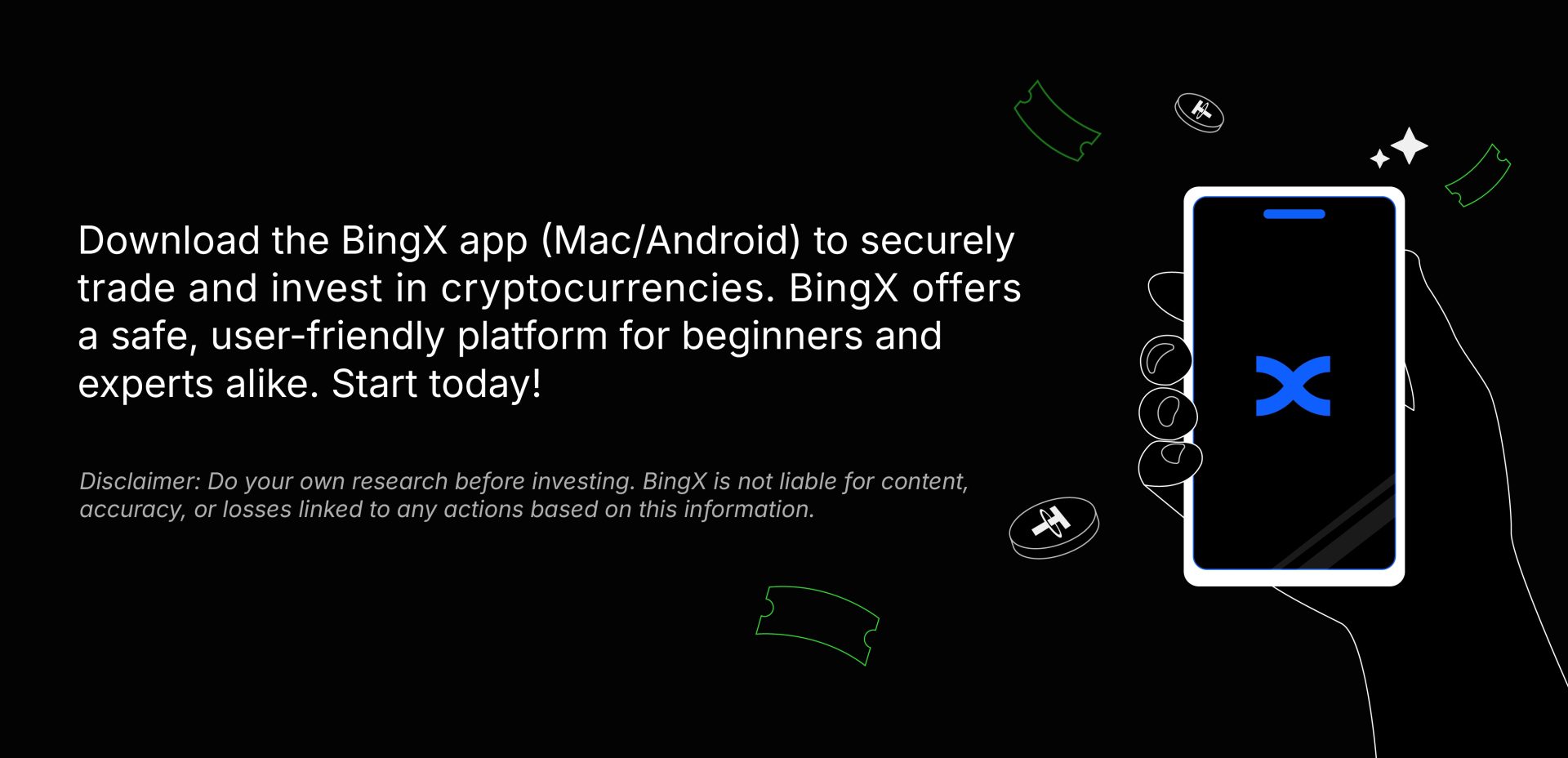With its iconic skyline and status as a Middle Eastern business hub, Dubai has solidified its position as the region’s cryptocurrency epicenter. This rise aligns with the UAE’s Vision 2030, which aims to diversify its economy beyond oil, embrace technological innovation, and lead the global digital economy. This transformation is fueled by proactive policies, a business-friendly environment, and strategic investments.
Dubai’s edge stems from its tax advantages—zero personal income tax and no capital gains tax on crypto profits. The city’s streamlined business setup processes, such as the one-day licensing offered by the Dubai Multi Commodities Centre (DMCC), have attracted over 600 crypto companies to its free zone by early 2025, per DMCC reports. Its geographic position as a bridge between East and West further enhances its appeal, facilitating a 78% surge in cross-border crypto transactions in the UAE in 2024, according to Chainalysis.
A tangible symbol of this ambition is the “Crypto Tower,” a 17-story project backed by DMCC and Reit Development, set to open in 2026. This blockchain-integrated building will feature on-chain voting for tenant governance, smart contracts for leases, and tokenized resource management, showcasing Dubai’s intent to embed cryptocurrency into everyday commerce. Meanwhile, Abu Dhabi’s Mubadala Sovereign Wealth Fund made waves in January 2025 with a $436 million investment in BlackRock’s Bitcoin ETF, marking the largest institutional crypto investment in the Middle East to date.
Dubai’s regulatory leadership has been a game-changer. The Virtual Assets Regulatory Authority (VARA), established in 2022, has licensed several crypto exchanges, including global giants and local startups. VARA’s 2024 policy update, mandating full transparency on trading fees and robust AML/KYC compliance, has set a global benchmark, inspiring nations like Singapore to refine their frameworks. This framework has bolstered confidence among traders in the UAE, navigating an ever-shifting market landscape.
UAE’s Crypto Boom
UAE received over $30 billion in crypto value in 2024, ranking it among the top 40 globally and making it MENA’s third-largest crypto economy, according to Chainanalysis. In the same year, small retail crypto transactions (under $1,000) and large retail transactions ($1,000-$10,000) each surged by over 80%, reflecting robust demand across diverse user segments, per the same report. Unlike most countries globally, the UAE’s crypto activity is growing across all transaction size brackets, signaling a balanced and comprehensive adoption landscape. Notably, stablecoins dominate UAE trading preferences, comprising over 51% of transaction volumes compared to Bitcoin’s 16.5%.
BingX, Shaping the Future of Crypto
BingX has carved out its impressive path on the world stage. Founded in 2018, the exchange has grown to serve over 20 million users globally, earning a spot among the top 5 derivatives exchanges by trading volume. Through its ExpansionX initiative, BingX has expanded its footprint across multiple continents, tailoring its offerings to diverse markets while maintaining a focus on innovation and user empowerment. Its flagship spot and futures trading platforms have gained traction worldwide, supported by features like grid trading and copy trading, which cater to both beginners and seasoned traders. BingX’s global success is further bolstered by its support for stablecoin trading pairs—a growing preference in many markets—alongside a commitment to secure, accessible, and tech-driven solutions. Additionally, BingX has reinforced its credibility by implementing a robust Proof of Reserves system. Backed by reserve funds and verified by authoritative auditors, this initiative ensures 100% backing of customer funds, with over-collateralization ratios such as 126.67% for BTC, 137.36% for ETH, 148.93% for USDC, and 145.11% for USDT, providing transparency and confidence to its users through real-time reserve verification using the Merkle Tree method.
